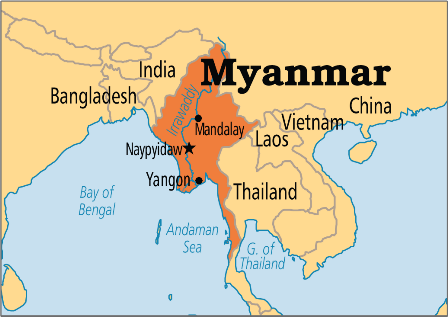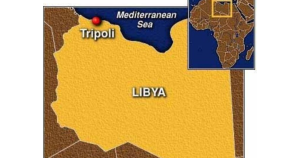Statement by Alison Smith, Director of the International Criminal Justice Program of No Peace Without Justice:
“No Peace Without Justice (NPWJ) strongly condemns the new spiral of brutal violence faced by the long-persecuted Rohingya Muslim minority in Myanmar and calls for urgent international action to halt the abuses taking place there.
“We also urge the Myanmar authorities to take immediate action to ensure protection of all communities in the State, including stopping military abuses targeting the Rohingya, to ensure accountability for human rights violations and to allow full and unfettered humanitarian assistance to people in need.
“Crucially, the Myanmar authorities should address the long-standing and systematic discrimination and segregation the Rohingya community and other Muslims in Rakhine have suffered for decades. As a first step, authorities must move swiftly to implement recommendations outlined in the recent report by the Kofi Annan-led Advisory Commission on Rakhine State, which includes amending the country’s discriminatory citizenship laws.
“We look forward Aun Suung Ki fulfilling the promise she represented as a champion of human rights and democracy, for which she was awarded the 1991 Nobel Peace Prize. It is way past time for her to break her silence and use her leadership to lead Myanmar away from the increasingly bitter and violent cycle of deprivation and abuse in which the Rohingya community has been trapped”.
For further information, please contact Alison Smith on asmith@npwj.org, or Nicola Giovannini (Press & Public Affairs Coordinator) on ngiovannini@npwj.org or +32-2-548-3915.



